Stabilizing synthetic DNA for long-term data storage with earth alkaline salts
Literature Information
A. Xavier Kohll, Philipp L. Antkowiak, Weida D. Chen, Bichlien H. Nguyen, Wendelin J. Stark, Luis Ceze, Karin Strauss, Robert N. Grass
Rapid aging tests (70 °C, 50% RH) of solid state DNA dried in the presence of various salt formulations, showed the strong stabilizing effect of calcium phosphate, calcium chloride and magnesium chloride, even at high DNA loadings (>20 wt%). A DNA-based digital information storage system utilizing the stabilizing effect of MgCl2 was tested by storing a DNA file, encoding 115 kB of digital data, and the successful readout of the file by sequencing after accelerated aging.
Related Literature
IF 6.843
Electrocatalytic cleavage of lignin model dimers using ruthenium supported on activated carbon clothIF 6.367
A robust multifunctional ligand-controlled palladium-catalyzed carbonylation reaction in waterIF 6.222
From zinco(ii) arsaketenes to silylene-stabilised zinco arsinidene complexesIF 6.222
Cu2ZnSnS4 nanocrystals for microwave thermal and microwave dynamic combination tumor therapyIF 6.222
Transition metal chemistry in synthetically viable alkaline earth complexes M(Cp)3− (M = Ca, Sr, Ba)IF 6.222
Contents listIF 6.222
Back coverIF 6.222
Transition-metal-free insertion reactions of alkynes into the C–N σ-bonds of imides: synthesis of substituted enamides or chromonesIF 6.222
Front coverIF 6.843
Source Journal
Chemical Communications
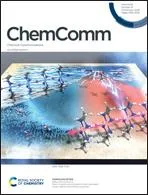
ChemComm publishes urgent research which is of outstanding significance and interest to experts in the field, while also appealing to the journal’s broad chemistry readership. Our communication format is ideally suited to short, urgent studies that are of such importance that they require accelerated publication. Our scope covers all topics in chemistry, and research at the interface of chemistry and other disciplines (such as materials science, nanoscience, physics, engineering and biology) where there is a significant novelty in the chemistry aspects. Major topic areas covered include: Analytical Chemistry Catalysis Chemical Biology and medicinal chemistry Computational Chemistry and Machine Learning Energy and sustainable chemistry Environmental Chemistry Green Chemistry Inorganic Chemistry Materials Chemistry Nanoscience Organic Chemistry Physical Chemistry Polymer Chemistry Supramolecular Chemistry
Recommended Compounds
Recommended Suppliers
 Dalian Pruet Chemical Technology Co., Ltd.
Dalian Pruet Chemical Technology Co., Ltd. Brookhaven Instruments Corporation
Brookhaven Instruments Corporation Maschinen Metscher
Maschinen Metscher biotronix GmbH
biotronix GmbH A-TEC Industries AG
A-TEC Industries AG Shanghai KaiTe Biotechnology Co., Ltd.
Shanghai KaiTe Biotechnology Co., Ltd. Geveke Klimaattechniek bv
Geveke Klimaattechniek bv Beijing Huanyu Jinghui Jingcheng Gas Technology Co., Ltd.
Beijing Huanyu Jinghui Jingcheng Gas Technology Co., Ltd. Ha Ning City Yatai Pharmaceutical Machinery Co., Ltd.
Ha Ning City Yatai Pharmaceutical Machinery Co., Ltd. Guangzhou Guanhong Biotechnology Co., Ltd.
Guangzhou Guanhong Biotechnology Co., Ltd.










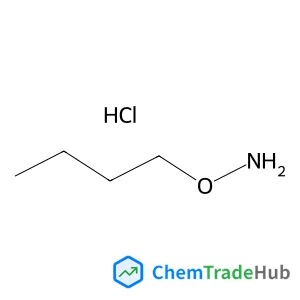
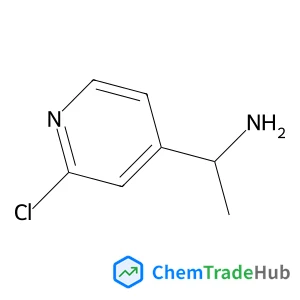
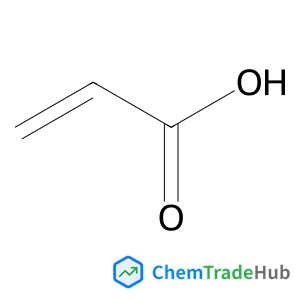
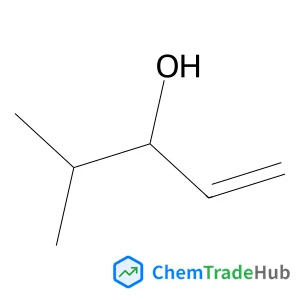
![700874-71-1 - 7-[2-(4-Morpholinyl)ethoxy]-4-[2-(2-pyridinyl)-5,6-dihydro-4H-pyrrolo[1,2-b]pyrazol-3-yl]quinoline 700874-71-1 - 7-[2-(4-Morpholinyl)ethoxy]-4-[2-(2-pyridinyl)-5,6-dihydro-4H-pyrrolo[1,2-b]pyrazol-3-yl]quinoline](/structs/700/700874-71-1-fbbc.webp)